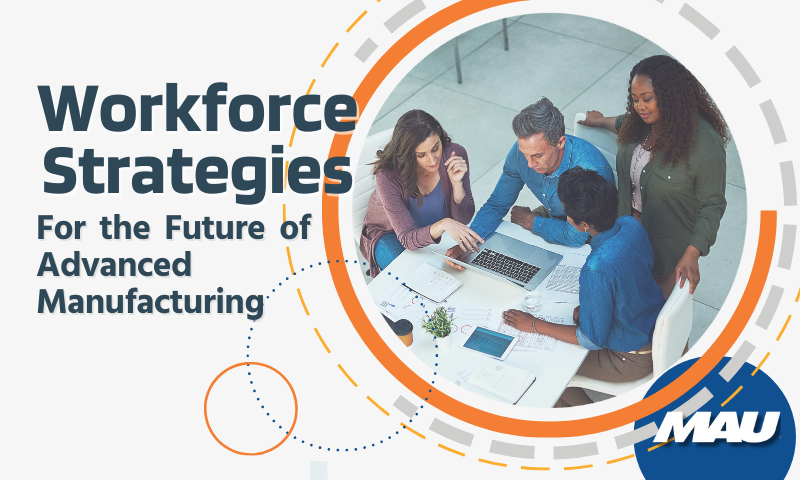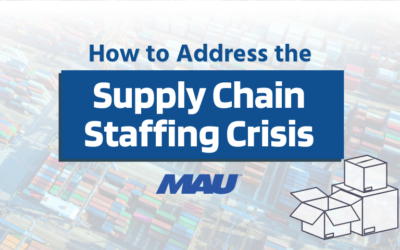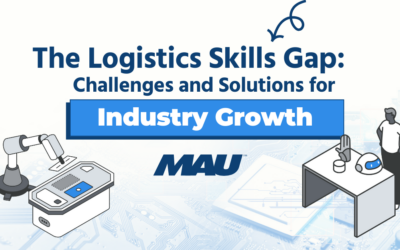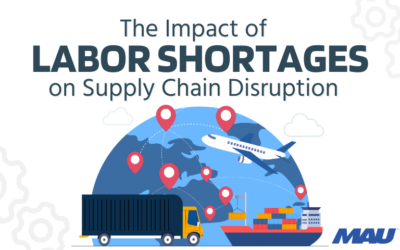In the swiftly evolving landscape of advanced manufacturing, where innovative ideas and cutting-edge technologies converge, the centrality of intellectual capital cannot be overstated. With rapid technological advancements, emerging trends, and shifting global economics, manufacturing leaders are at a critical crossroads.
They must pivot their strategies, prioritize their resources, and invest wisely in their greatest asset—people. By nurturing a culture of continuous learning, fostering collaboration, and cultivating a diverse workforce, manufacturing leaders can unlock the full potential of their human capital, driving innovation and securing long-term success in this dynamic industry.
Build a Smart Talent Acquisition Strategy
Advanced manufacturing has transformed recruitment by shifting towards specialized skill sets that seamlessly integrate with modern technological ecosystems. Companies must now pursue candidates with traditional manufacturing acumen and those fluent in digital literacy, accustomed to rapid prototyping, and agile in project management.
Success in advanced manufacturing hinges on the capability to identify and attract individuals with the right combination of skills and competencies to drive technological innovation forward.
To thrive amid a talent shortage, organizations must:
- Define the critical competencies for the sector and align them with business objectives.
- Apply innovative outreach and recruitment strategies that resonate with top-tier talent, thereby differentiating themselves in a competitive market.
- Utilize AI-driven analytics and social media platforms to enhance the recruitment process, ensuring it is as efficient as it is effective.
The manufacturing skills gap in the U.S. could result in 2.1 million unfilled jobs by 2030, accentuating an urgent need for precision in talent acquisition efforts. It is not just about filling positions—it is about foreseeing the future of the sector and grooming the torchbearers of innovation.
Get Strategic About Retention to Prevent High Turnover
High turnover in the manufacturing industry can significantly disrupt the continuity of operations and erode institutional knowledge, creating a costly cycle of hiring and retraining. In a recent survey by the National Association of Manufacturers (NAM), almost three-quarters of surveyed manufacturing executives feel that attracting and retaining a quality workforce is their primary business challenge.
A company’s commitment to retention speaks volumes about its values and operational prowess as it shifts focus from merely hiring to nurturing talent. Manufacturing firms can transform their workplace into a bastion of stability and growth through competitive compensation packages, comprehensive benefits, professional development opportunities, and a supportive corporate culture.
Practices that engender employee loyalty include:
- Establishing a culture where every worker’s contribution is valued and which supports employee well-being.
- Offering a continuum of development opportunities, encouraging employees to expand their skill set and rise within the company ranks.
- Designing a benefits package that aligns with both employee needs and industry expectations, thereby affirming employees’ value to the organization.
Companies with strong retention strategies have a 50% higher productivity rate, which speaks volumes about focusing inward on current talent to yield outward results.
Upskill to Prepare for Tomorrow
The fusion of automation, digitalization, and emerging technologies has radically altered the skill set required for manufacturing roles. As factories become increasingly connected, the demand for professionals adept in cyber-physical systems, the Internet of Things (IoT), and predictive analytics has surged. Historically, manufacturing relied on manual dexterity and assembly line efficiency; today, it necessitates a workforce as savvy with a software update as they are with a spanner.
According to another recent survey, manufacturers anticipate that the industrial metaverse could lead to a 12% gain in labor productivity, which might help address the ongoing labor shortages. To balance the scales of the talent shortage, proactive upskilling is non-negotiable. Advanced manufacturing demands familiarity not only with advanced machinery but also with the data it generates.
Key steps include:
- Mapping out the technologies poised to shape the future (e.g., AI, IoT, robotics) and delineating the requisite skill sets.
- Budgeting for comprehensive training and development programs to fill knowledge voids and enhance workforce agility.
- Collaborating with academia to ensure that the educational pipeline supplies graduates who are work-ready and well-versed in industry demands.
As the industry stands at the precipice of transformation, companies that prioritize workforce innovation will navigate the future with unparalleled dexterity. By embracing this challenge, organizations will not only reinforce their current standings but will set a precedent for excellence and continue to be regarded as pioneers in the realm of advanced manufacturing.
The Strategic Edge of Talent Management
It is evident that the success of the advanced manufacturing industry is closely tied to the quality of talent it hires. Today’s manufacturing heroes are as much at their desks as they are on the factory floor. They are in labs, design centers, and strategy meetings, deciphering big data, charting preventive maintenance through predictive algorithms, and spearheading product development that will challenge today’s prototypes.
Futuristic manufacturing is not a far-off prospect—it is unfolding right now. The beacon leading the way is its workforce’s collective expertise, adaptiveness, and inventive spirit. As manufacturing behemoths and startups navigate this reinvented landscape, the firms that will emerge at the forefront will treat talent acquisition, retention, and upskilling not as HR requisites but as strategic pillars supporting their business edifice.
To delve deeper into the nexus between technological advancement and workforce development in manufacturing, we invite you to download our comprehensive ebook, “How Advanced Manufacturing is Transforming the Workforce”. Equip your organization with the insights to attract, maintain, and cultivate a strategic workforce ecosystem.






